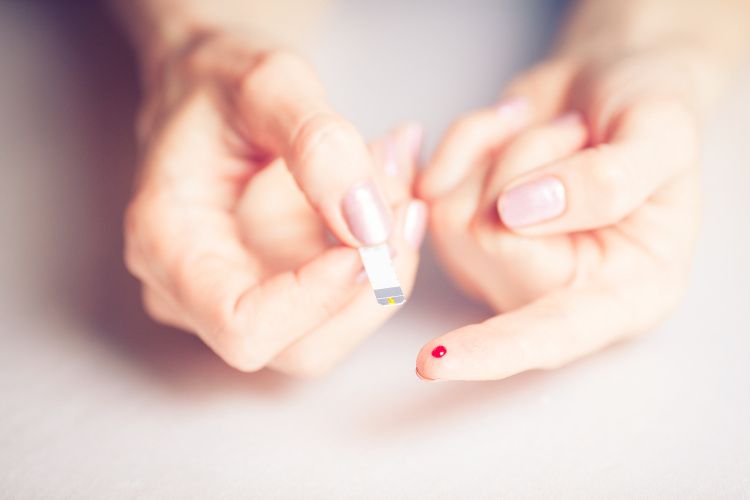Recent study finds that Gencor’s Gencinia extract significantly impacted blood glucose levels in prediabetic subjects
The extract significantly improved fasting blood glucose levels in prediabetic subjects after 12 weeks of supplementation.
Photo © stock.adobe.com/6okean

A recent study1 published in Phytomedicine Plus investigated the effects of an extract of Coccinia grandis on the blood glucose levels of non-medicated prediabetics. In the study, 48 medically diagnosed prediabetic adults between the ages of 27 and 73 years received either 1000 mg per day of the C. grandis extract, branded Gencinia by Gencor, or placebo for 12 weeks. Researchers measured the change in scores of fasting blood glucose (FBG) levels at baseline, 6 weeks and 12 weeks for the primary outcome. The secondary outcome measures were two hour post-prandial blood glucose (PPBG), fasting and two-hour post-prandial insulin (FI and PPI), glycated haemoglobin (HbA1c), c-peptide, full blood count (FBC), lipids (triglycerides (TG), total cholesterol (TC), high-density lipoprotein cholesterol (HDL-C) and low-density lipoprotein cholesterol (LDL-C), emotional states of depression, anxiety and stress (DASS-21), adverse reactions and tolerability.
Results showed that after 12 weeks, subjects taking the C. grandis extract saw a significant change between pre- and post-treatment measures of FBG and two-hour PPBG, and TG, compared to placebo. They also saw non-significant improvements in PPI levels, but the researchers say these results warrant further investigation to develop a better understanding if the extract’s mechanism of action.
“More and more people are turning to the natural products industry for blood glucose support, and Gencinia is a strong ingredient to help manage blood sugar levels,” said R.V. Venkatesh, co-founder at Gencor, in a press release. “We are happy with these results and plan to investigate further how natural ingredients can help manage glucose levels for improved well-being.”
Reference
Pickering, E.; Steels, E.; Castaneda, R.; Steadman, K.J. Effect of Coccinia grandis (Linn.) Voigt Extract on Gucose Metabolism Markers in a Prediabetic Population: A Double-Blind Randomised Clinical Trial. Phytomedicine Plus, 2023, 3(4): 100487. DOI: 10.1016/j.phyplu.2023.100487







